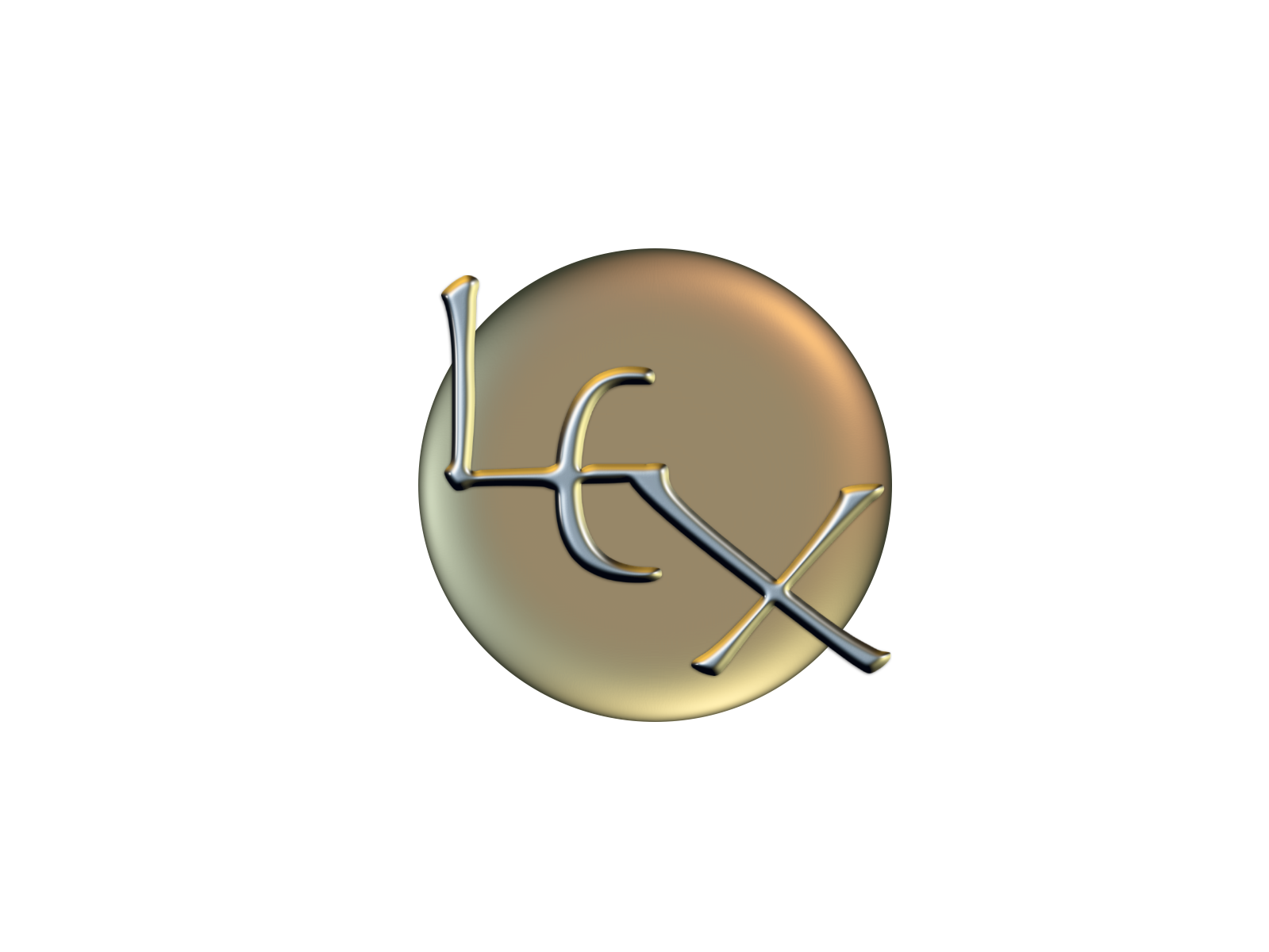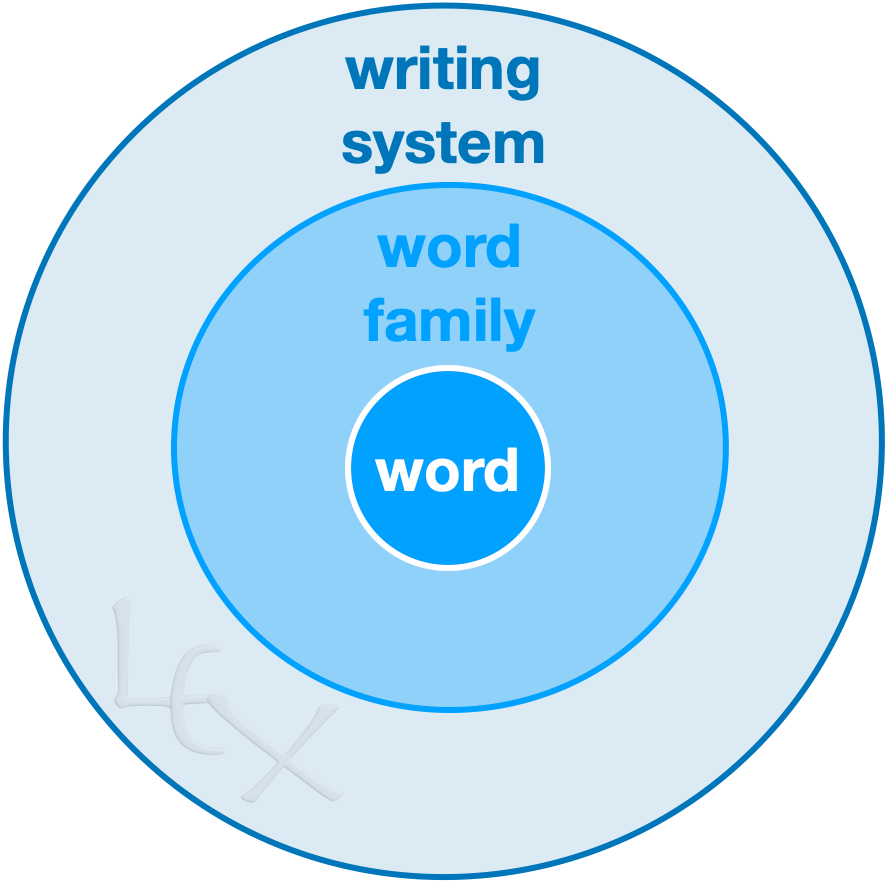In his work, Melvyn Ramsden offers a convoluted diachronic explanation for the <ch> spelling in the words much, such, and which. He calls much a "clipped form," but it's really not a clip. A lot of words lost inflections or final syllables from Middle English to Modern English, but those were really just diachronic sound changes.
He explains such and which as "what [he] calls 'fossil compounds,'" but again, they're really not fossil compounds. A better example of a fossil compound would be pastime, where you can still see the joints, but they don't bend anymore. You cannot see the joints in such or which.
Several years ago, I offered a much more coherent explanation for the spelling of the words such, much, and which: they are function words, and functional spellings do not use trigraphs.
Now everyone passes that information along as though it's just in the ether, rather than that I discovered it. In fact, I have even seen people credit the understanding to Melvyn or to Pete, but it's not theirs. It's mine. If you are now bitching in your head about why I need or want or insist on the recognition, as yourself this: if you figured that out, wouldn't you be proud of it? Do you sign your letters? It's one of the first lessons we teach kids in school: put your name on your work. We're also supposed to be teaching people how to give proper credit, but there is an unspoken rule that it really doesn't matter when it's a woman.
Anyhow, so now that we've cleared up the much, such, and which issue, people are asking about the words rich, attach, detach, ostrich, and sandwich, and why they don't have a <tch>.
To these, I will add the following words, which also take a <ch>, not a <tch>, after a single-letter lax vowel. Why?
lech~lecher~lecherous (since we're talking about Melvyn anyhow)
duchess~duchy
spinach
bachelor
lychgate
I will not include in the investigation the modern loanwords lychee, where the <y> may be tense or lax, and which is also transcribed from Chinese as litchi, and its syllabication does not require us to have any syllable-final [ʧ]. Likewise with the loanwords macho~machismo, nacho and gazpacho, all borrowed from Spanish with no changes to their spelling. Like lychee, their syllabication does not require any final spelling for [ʧ].
First of all, the pattern is a <tch>, not a <t> and a <ch>. The <t> is not a "blocker letter," because there is no such thing, and because it's not separate from the <ch>. It's a trigraph. It's possible to explain that single-letter lax vowels often require a larger consonant spelling to follow them (tch, ck, dge, flsz, doubling), but that's not making any false statements or inventing entities (like "blocker letter") unnecessarily.
Second of all, it is NOT SUFFICIENT to just say "look at the etymology," which is what the big Facebook groups will tell you. While it's true that rich, attach, detach, and ostrich all have French in their histories, so do catch, match (fire), crotch, butcher, hutch, hatchet, escutcheon, and more. There is more to etymological governance than just a quick answer.
So here's the complete understanding of the <ch> in the remaining words, and I promise you, you won't find this in any of the big Facebook groups. It is, partly, however, already there in my small, private Facebook group for scholars, not just for hangers-on.

